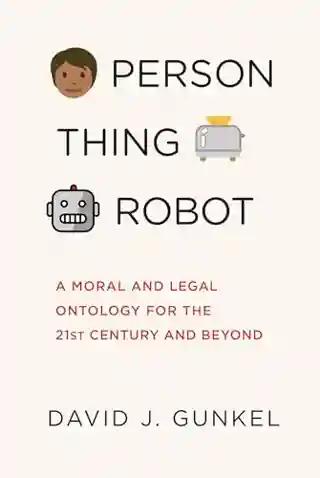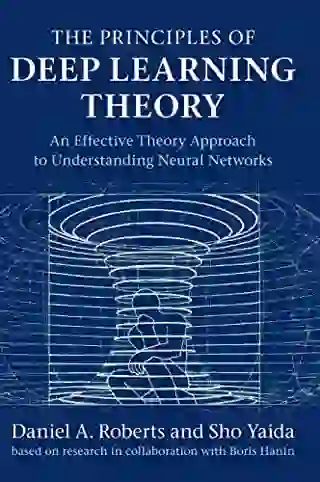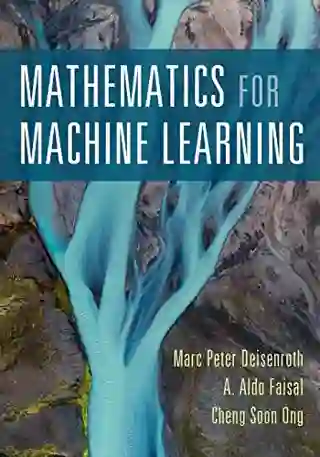An innovative, wide-ranging consideration of the global ecological crisis and its deep philosophical and theological roots.
Global crises, from melting Arctic ice to ecosystem collapse and the sixth mass extinction, challenge our age-old belief in nature as a phoenix with an infinite ability to regenerate itself from the ashes of destruction. Moving from antiquity to the present and back, Michael Marder provides an integrated examination of philosophies of nature drawn from traditions around the world to illuminate the theological, mythical, and philosophical origins of the contemporary environmental emergency. From there, he probes the contradictions and deadlocks of our current predicament to propose a philosophy of nature for the twenty-first century.
As Marder analyzes our reliance on the image and idea of the phoenix to organize our thoughts about the natural world, he outlines the obstacles in the path of formulating a revitalized philosophy of nature. His critical exposition of the phoenix complex draws on Chinese, Indian, Russian, European, and North African traditions. Throughout, Marder lets the figure of the phoenix guide readers through theories of immortality, intergenerational and interspecies relations, infinity compatible with finitude, resurrection, reincarnation, and a possibility of liberation from cycles of rebirth. His concluding remarks on a phoenix-suffused philosophy of nature and political thought extend from the Roman era to the writings of Hannah Arendt.
Conditions of Use
![]() This book is licensed under a Creative Commons License (CC BY-NC-SA). You can download the ebook The Phoenix Complex for free.
This book is licensed under a Creative Commons License (CC BY-NC-SA). You can download the ebook The Phoenix Complex for free.
- Title
- The Phoenix Complex
- Subtitle
- A Philosophy of Nature
- Publisher
- The MIT Press
- Author(s)
- Michael Marder
- Published
- 2023-07-04
- Edition
- 1
- Format
- eBook (pdf, epub, mobi)
- Pages
- 308
- Language
- English
- ISBN-10
- 0262545705
- ISBN-13
- 9780262374873
- License
- CC BY-NC-SA
- Book Homepage
- Free eBook, Errata, Code, Solutions, etc.
Preface 1: The Phoenix Complex 2: Philosophy’s Third Path: Plato/Levinas 3: On Physiopsychology—Life and Energy: Aristotle/Hegel 4: Unity and Universality: Plotinus/Schelling 5: The Phoenix Acts: Hildegard/Spinoza 6: Death, Rebirth, and Beyond in Hindu Traditions 7: Generativity and Generationality in Confucianism 8: Universal Resurrection in Russian Cosmism 9: Political Renaissance from the Roman Empire to the Thought of Hannah Arendt Afterword: Ashes to Ashes . . . Notes Index








